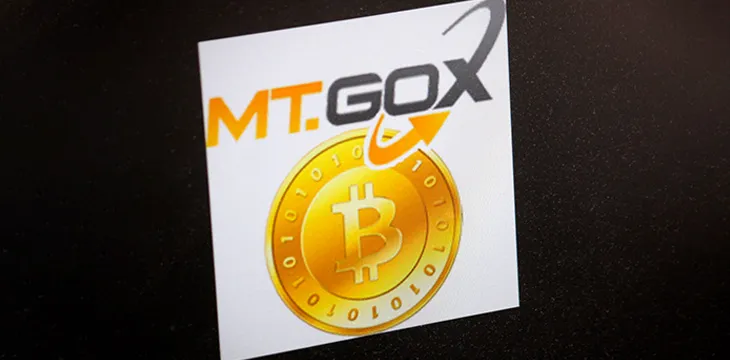|
Getting your Trinity Audio player ready...
|
Mt. Gox creditors have been given two weeks to conclude making or transferring their claims by the defunct exchange’s trustee.
In the latest notice, trustee Nobuaki Kobayashi revealed that he was preparing to make repayments in accordance with the rehabilitation plan that the Tokyo District Court approved in November last year.
To ensure safe and secure repayments, Kobayashi set the restriction reference period to start on September 15. During this period, the assignment, transfer or succession, provision as collateral, or disposition by other means of rehabilitation claims are prohibited. The court hasn’t determined the end of this period, but according to the trustee, it will push on until the base repayment deadline.
Kobayashi warned the creditors against making or transferring claims during this period as he may not be able “to determine those to whom the Repayment should be made, which may interfere with the safe and secure Repayment of rehabilitation claims.”
To prevent such an occurrence, the trustee intends to suspend access to the system for all creditors, barring them from making any new claims. Kobayashi will hand all creditors an initial base payment. They will then receive the rest of their funds later, but only after all the other outstanding court proceedings against Mt Gox and its founders are concluded.
When it was hacked, the exchange lost 850,000 BTC to criminals. However, the trustee is only set to return 141,686 BTC to refund the investors, in addition to 142,846 BCH and JPY69.7 billion.
The trustee didn’t reveal how he would be handling any other tokens such as Bitcoin Gold and Bitcoin SV. However, he has previously claimed he planned on selling all the BSV and Bitcoin Gold with the aim to give back the proceeds in fiat form. So far, almost all the BSV is intact and hasn’t been sold according to this Mt Gox Cold Wallet Monitor.
The repayment will see investors who lost their funds about eight years ago get some of it back. With the refund, there have been fears that there could be a massive BTC dump on the market, which could repress the token’s price at a time when it’s not doing too well. Some creditors have come out to refute such reports, however.
Some decided not to take too much of a gamble and sold their claims to private equity giant Fortress and other Wall Street firms. However, these investors only got about $1,300 for every BTC they lost to the defunct exchange (it had started out way lower at just $755).
Follow CoinGeek’s Crypto Crime Cartel series, which delves into the stream of groups from BitMEX to Binance, Bitcoin.com, Blockstream, ShapeShift, Coinbase, Ripple, Ethereum, FTX and Tether—who have co-opted the digital asset revolution and turned the industry into a minefield for naïve (and even experienced) players in the market.

 07-12-2025
07-12-2025 





